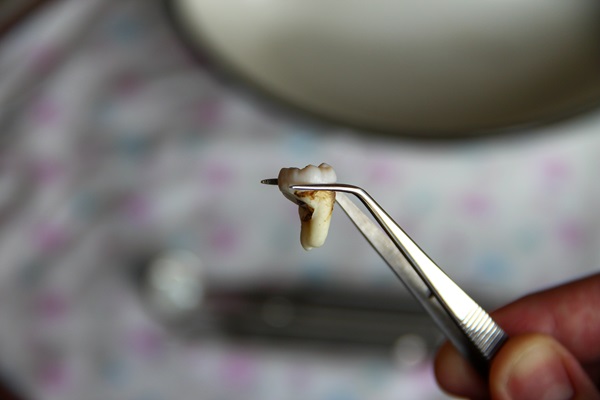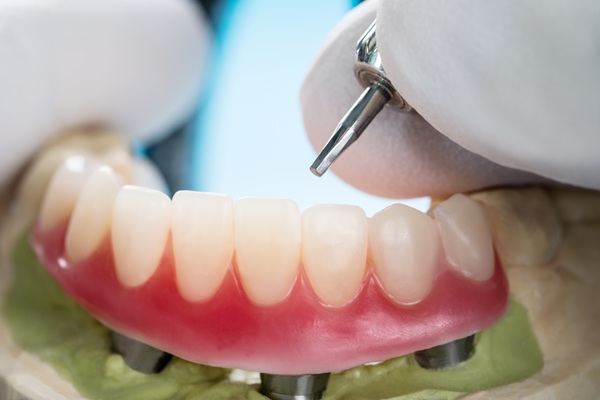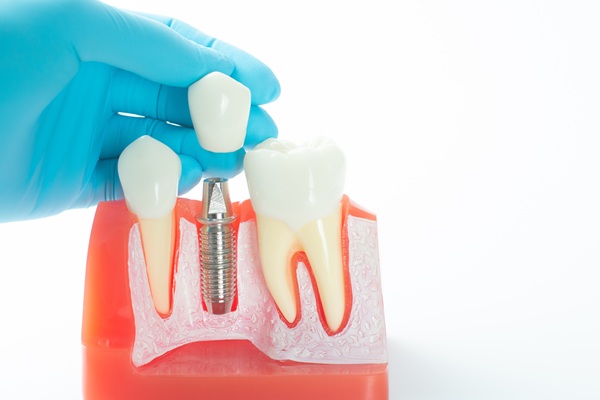When Tooth Extraction Is Necessary: Your Guide
A is a common dental procedure that involves removing a tooth from its socket in the jawbone. According to the American Dental Association, millions of tooth extractions are performed annually. This treatment is recommended when a tooth cannot be saved or if its presence threatens the patient's oral health. Tooth removal might seem daunting, but you should know what to expect both during and after the procedure and how to get ready for a successful recovery.
Understanding the need for tooth extraction
Dental professionals typically only recommend tooth extraction as a last resort, often to prevent further problems. The reasons for tooth extraction include:
Severe tooth decay or infection
Severe tooth decay can penetrate the enamel and dentin to the pulp in the center, where the nerves and blood vessels are. This could cause an abscess or severe pain. The infection can damage the tooth and surrounding tissue to the point where root canal treatment is no longer feasible. Once the tooth structure is compromised, extraction is necessary to prevent further infection and discomfort.
Periodontal disease
Periodontal disease, or gum disease, is a progressive condition impacting the teeth and gums. Advanced periodontitis causes the gums to recede and the supporting bone to degrade, causing teeth to loosen. If periodontal treatment fails to restore stability to the teeth, extraction may be necessary. Getting rid of the affected tooth may prevent the disease from progressing and affecting more teeth and oral structures.
Impacted wisdom teeth
The wisdom tooth or third molars are the last to appear and often lack room to develop properly, leading to impaction. If wisdom teeth are impacted, patients could suffer serious pain, tooth decay, and infections. They may even lead to misaligned or overcrowded teeth. The extraction of impacted wisdom teeth is a preventative measure to prevent dental health problems.
Orthodontic treatment
In orthodontics, an extraction may be a strategic choice to correct crowding and to position the teeth in the mouth correctly. A dental professional will often remove one or more teeth to align and adjust the remaining teeth for optimal bite function and look. This method is particularly helpful if the jaw is simply too small to accommodate all of the teeth together.
Fractured teeth
If a tooth is broken or fractured and the damage is below the gum line, there might be no viable solution for fixing it. These teeth may cause discomfort and may become infected. If a filling, crown, or other restorative treatment cannot save the tooth, extraction is the only way to stop the pain.
Tooth extraction techniques
The process begins with an extensive evaluation of the tooth, which includes x-rays, to figure out the state of the tooth along with a plan for its extraction. The periodontist will also review the medical history of the patient to know other issues, medicines, or allergies that may impact the process. The periodontist will numb the area to minimize discomfort during the process.
There are two types of tooth extraction. A simple extraction is done on a tooth that is still visible in the mouth. The periodontist uses an elevator to loosen the teeth and removes them with forceps.
For teeth that are not accessible or visible in the mouth, such as impacted teeth, surgical extraction is necessary. An incision is made in the gum and the underlying tooth is extracted. It might also involve removing some of the bone surrounding the tooth or even cutting it into small pieces to make removal easier.
Aftercare
After the extraction, the patient will need to bite on the gauze pad for 30 to 45 minutes to control bleeding and form a blood clot in the teeth socket. They must avoid rinsing, spitting, or even sucking throughout the very first 24 hours to stop the blood clot from dislodging. Over-the-counter pain relievers or prescription medicines may help with pain relief. Applying an ice pack to the area around the extraction site can reduce swelling.
Patients are encouraged to stick to soft foods and gradually introduce solid foods as the extraction site heals. A day after the procedure, they can rinse the area carefully with warm salt water. During the healing process, good oral hygiene practices are important, but it is best to avoid the extraction site.
Recovery and follow-up
The periodontist will schedule a follow-up appointment to monitor healing, which typically takes a few weeks. It is better to avoid smoking, using straws, or doing anything that will interfere with the healing process during this time.
Final thoughts
After tooth extraction, you will need to consider long-term replacements such as dentures, bridges, or dental implants to restore function and appearance. In addition, these options help to preserve the integrity of the jawbone and face structures. To learn more, contact our office today to schedule an appointment.
Request an appointment here: https://corderoperiodontics.com or call Rafael E. Cordero, DDS PA at (561) 763-9221 for an appointment in our Palm Beach Gardens office.
Check out what others are saying about our dental services on Yelp: .
Recent Posts
There are many reasons for having a tooth extraction. Research shows that getting this procedure from a periodontist can be good for your dental health. Knowing when to do this can give you the right solution to your dental problem. Here are the details about when to see a periodontist for a tooth extraction.Studies reveal…
There can be a lot of problems caused by putting off wisdom tooth removal. Most oral surgeons recommend that their patients have these final molars removed as soon as they erupt, which tends to be during the teenage years.Wondering when to have a wisdom tooth removal procedure done? Discover why it is often preferred to…
The process of tooth extraction involves removing a tooth from the mouth by either surgically removing it from the gums or pulling it out using forceps. People may need a tooth pulled if it is affected by severe tooth decay or the surrounding tissues are infected from gum disease. Trauma to the mouth or overcrowding…
Wisdom tooth extraction is a common procedure that aids in removing one or more wisdom teeth. These are the upper and lower third molars that are at the very back of your mouth. Wisdom teeth usually come in last. If healthy and in the correct position, they do not often cause problems. But there are…


